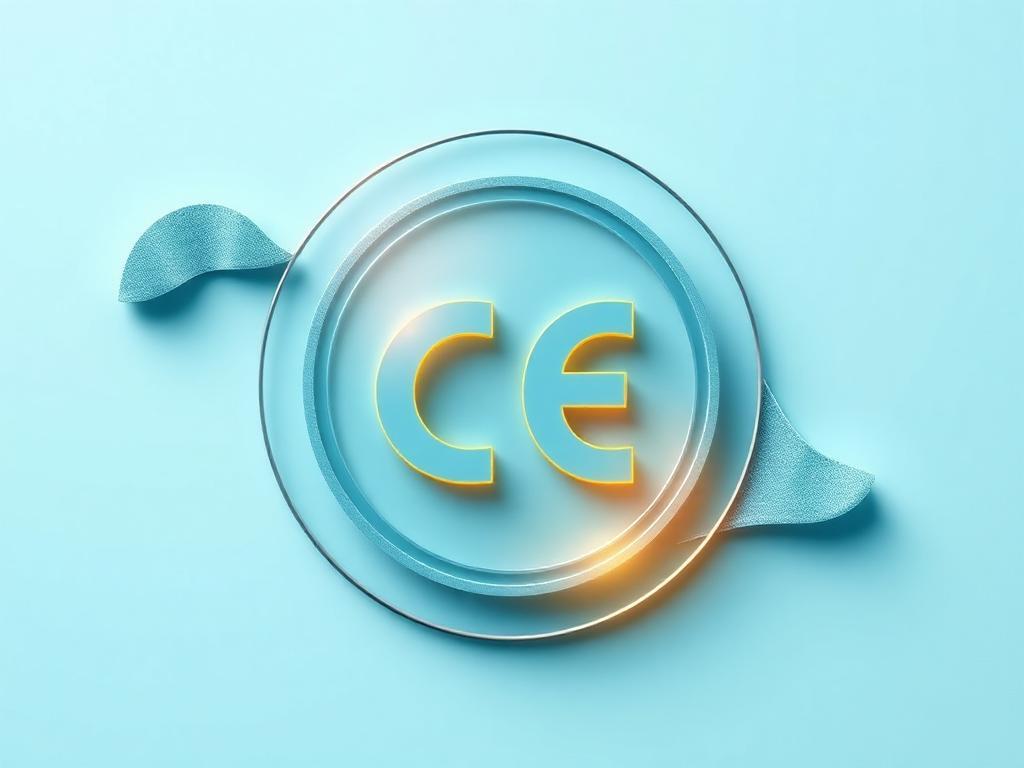Introduction CE certification is a mandatory conformity mark for products sold within the European Economic Area (EEA). It signifies that a product meets EU safety, health, and environmental protection requirements. This certification is crucial for manufacturers who wish to market their products in Europe, ensuring compliance with legal standards and boosting consumer confidence.
1. What is CE Certification? CE (Conformité Européenne) certification indicates that a product complies with European Union (EU) regulations. It is required for a wide range of products, including electronics, medical devices, machinery, and construction materials. By obtaining this certification, manufacturers declare that their products meet applicable EU directives and standards.
2. Benefits of CE Certification
-
Market Access: Products with CE certification can be freely sold within the EEA without additional compliance requirements.
-
Consumer Safety and Confidence: The CE mark assures consumers that the product meets high safety and quality standards.
-
Legal Compliance: Avoids fines, recalls, or restrictions that could arise from non-compliance with EU regulations.
-
Competitive Advantage: Demonstrates a commitment to quality and compliance, making products more attractive in both EU and global markets.
3. Steps to Obtain CE Certification
-
Determine Applicable Directives: Identify which EU regulations and directives apply to the product.
-
Conduct a Conformity Assessment: Evaluate the product against relevant safety and performance standards.
-
Testing and Documentation: Perform necessary tests and compile technical documentation, including risk assessments and compliance reports.
-
Declaration of Conformity: The manufacturer issues an EU Declaration of Conformity (DoC), affirming compliance.
-
Affixing the CE Mark: Once all requirements are met, the CE mark is affixed to the product, allowing it to be legally sold in the EU.
4. Conclusion CE certification is an essential requirement for manufacturers aiming to enter the European market. It ensures product compliance with EU safety and environmental regulations, providing legal access to the EEA while enhancing credibility. By following the certification process, businesses can expand their reach, build trust, and gain a competitive edge in the global marketplace.
